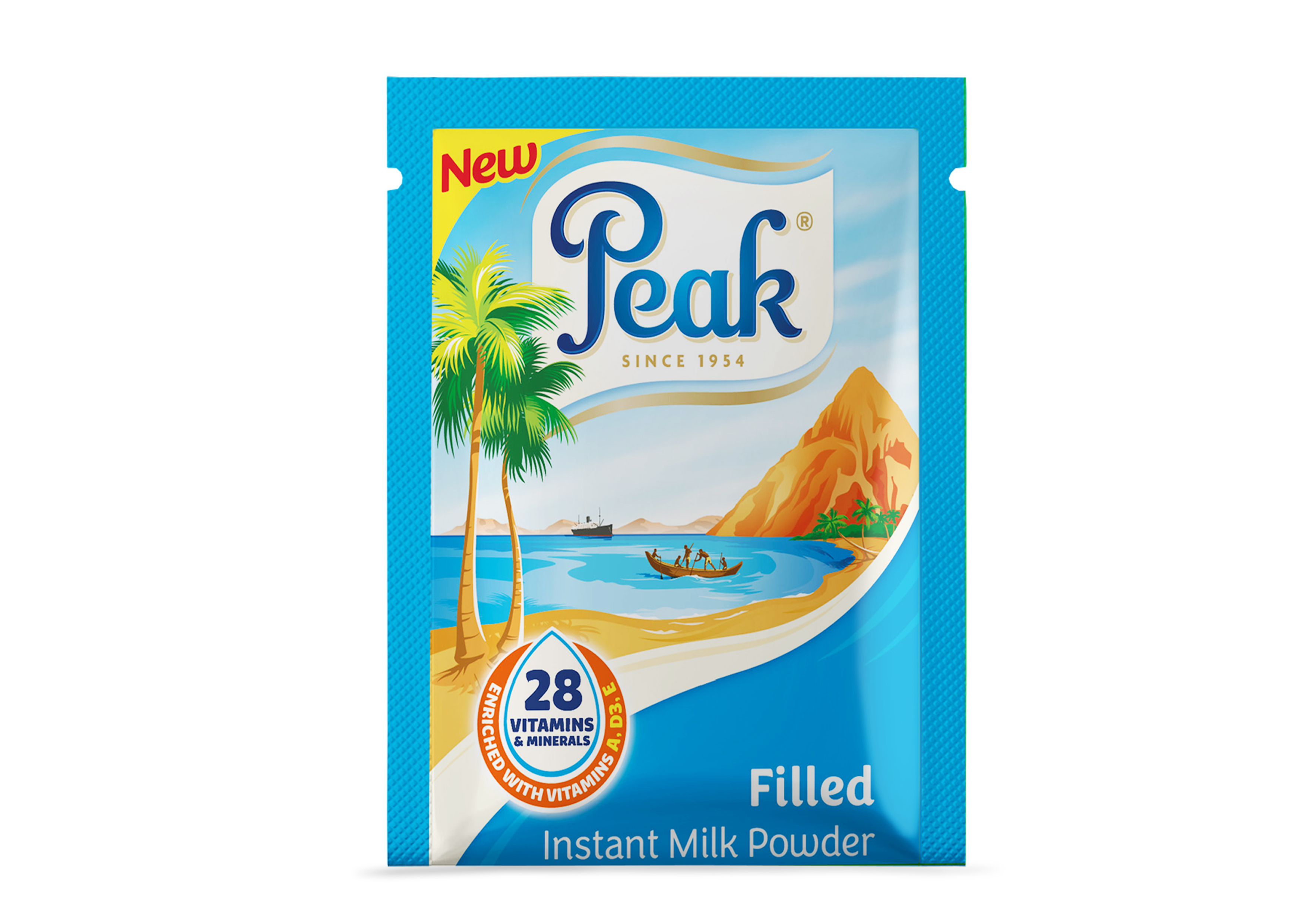Rising prices of milk brands in Nigeria occasioned by inflationary pressures has led to a drop in the consumption of dairy products in the country.
Consequently, milk brands are battling it out by deploying various strategies and pricing mechanism to remain relevant in the minds and hearts of consumers.
The major milk brands in the market include: Hollandia from Chi Limited, Peak from Frieslandcapina Wamco, Dano owned by TG Arla, and Miksi by Promasidor Nigeria Limited (PNL), to mention a few. Vanguard Companies & Markets (C&M), findings reveal that while prices are continually rising, demand was going down, forcing competitors to adopt several strategies to reduce cost and reach the consumers at competitive prices.
A distributor of dairy products in Idumota, on Lagos Island, Egwuchukwu Anoruo, told Vanguard that “local collection, processing and marketing of milk is becoming increasingly competitive, particularly as some companies have secured franchise to produce foreign milk brands locally, which has also ignited further competition in the industry. On his part, Chief Executive Officer of Brandhealth, Emman Udowoima, said, “If the price of a particular product is detrimental to the purchasing power of a consumer.
A consumer will switch alliance to a cheaper one. Fortunately, milk brands are aware of this bait point, and are diverting their strategies to that direction (pricing).” Data from combined reports by the National Bureau of Statistics, NBS, Central Bank of Nigeria, CBN, and FAO indicates that from cattle, less than 2kg of milk is available to an average Nigerian per year, that milk production has been nose diving since 2016.
Managing Director, PNL, Olivier Thiry, said his company has injected funds into its production line with a view to increasing efficiency and produce cheaper for the benefit of the Nigerian populace. He explained that the capital injection would be used to support purchases of new machinery that will enable PNL to increase efficiency, expand production and develop new products, leading to greater availability of nutritious food products in Nigeria at competitive prices.
His words: “This is a very competitive market for food products. We expect that this investment will help us optimize production costs, enabling us to reach and nourish more consumers with our affordable range of quality products. We will also target our portfolio extension by gradual integration of more locally sourced raw materials from producers in Nigeria and widening our network of distributors.”
Managing Director, TG Arla, Mr. Mads Burmester, said his company will continue to provide Nigerians with healthy and highly nutritional dairy products. “As a leading dairy brand in Nigeria, we will live up to our promise of boosting milk intake among Nigerians. We will continue to provide Nigerians with dairy products that are of high quality and satisfies their nutritional needs,” he said. Country Category Manager of the company, Olumide Aniyikaiye, said their plan is for Dano to continue to provide Nigerians with healthy, nutritional and affordable range of milk products, capable of boosting the mental and physical wellbeing for the young and old.
“Dano milk has been a major player in Nigeria’s dairy sector for more than 30 years. During this period of time, we have provided Nigerian mothers with dairy products for their children. This explains why we are championing milk drinking habit through this conversation. Our products are natural, delicious and full of essential vitamins and minerals for children and adults. Our milk powder and Ultra High Temperature, UHT milk varieties ranging from skimmed, semi-skimmed to full cream milk satisfies each generation’s milk needs.”
In his own comment, first indigenous Managing Director of FrieslandCampina Wamco Nigeria Plc, Peter Eshikena, stated: “We sell a product that is regarded as a complete food in the sense that the knowledge about milk is still very limited even for myself.” Speaking on dairy development programme, he said, “We started the project in 2010, and the status is so far as the yield we get from all the milk operational centres is on the increase. At the moment in April 2017, we have collected the highest amount of milk that has ever been collected, 7000 litres per day. But that is still a small drop compared to the volume of milk processed in WAMCO in the Neitherlands.
To realise our ambition of helping people move forward in life with all the natural goodness of milk, in this challenging operating business environment, the company will continue to invest in efficiency improvement towards its goal of sustainable growth and value creation.”
Was This Post Helpful:

